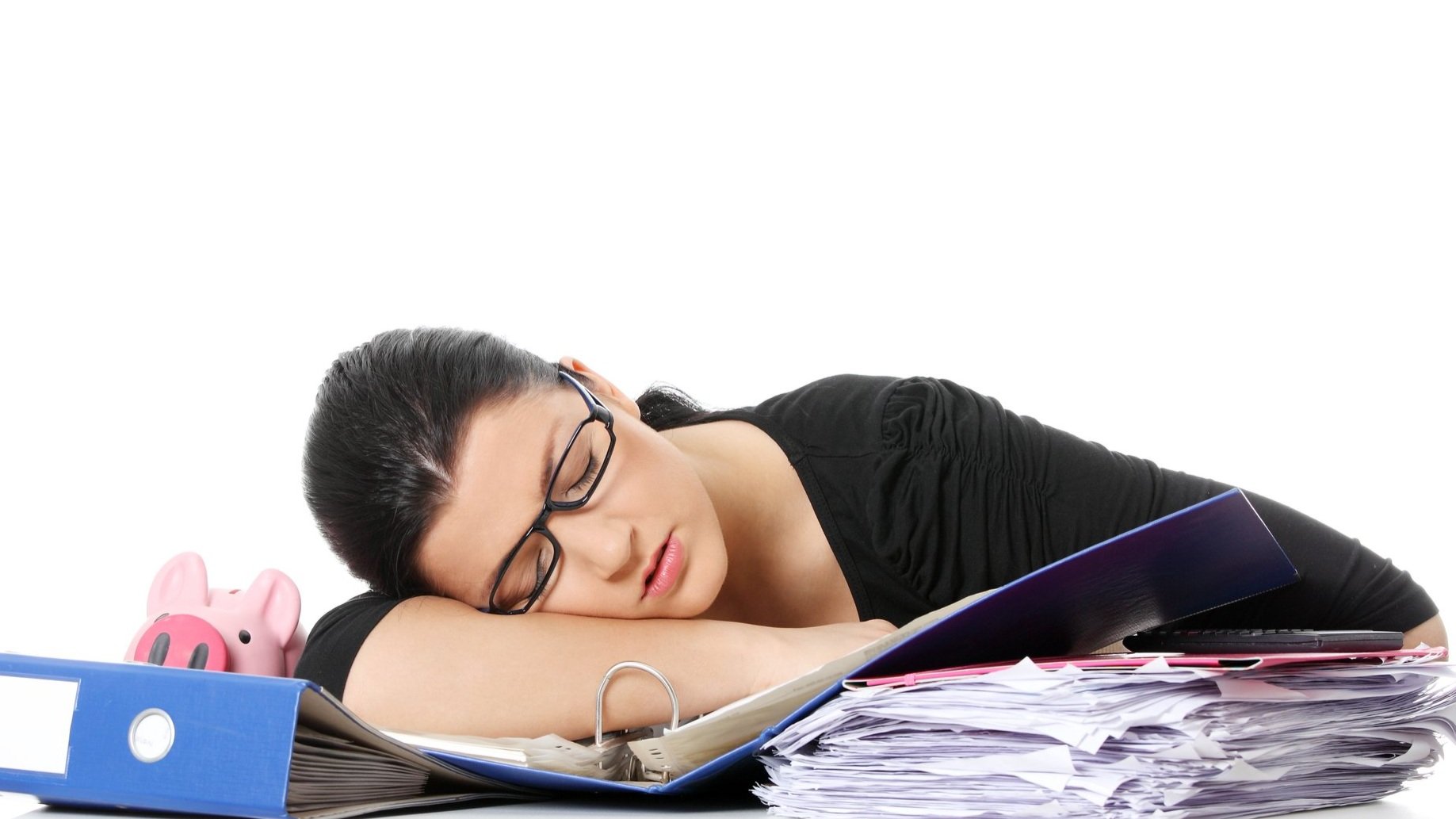My clients often say I must be the most chilled out relaxed person as I have so many techniques at my fingertips. In some ways that is true, I am far more relaxed than I was before I began to use complementary therapies, but life still throws challenges at even the calmest people!
During the last few weeks I have taken on a number of challenges, some by choice and others have arrived uninvited! I have to admit despite my love for holistic therapies my knee jerk reaction is often panic and fear just as it always has been. The difference is now I can eventually take a step back and use some of the wonderful techniques open to me.
My first challenges was updating my website to ensure it was compatible with mobile devices. I am not a techy person so my first reaction when I learnt I needed to do this was panic and anxiety. I had a very sleepless night before I took a moment to step back and calm down. I often talk to my clients about using the support networks around them, so many of us believe we have to cope alone. After getting advice from some techy friends I felt my website mountain was not such an impossible climb. I also took time out to use some confidence boosting self hypnosis and some mindfulness to encourage kindness to myself. Gradually I began to enjoy the challenge and although there are still some things to iron out I am proud of myself for rising to the challenge.
The next challenge was one I had chosen to embark on. Last year I tried twice to complete a 'leap of faith', this entails climbing up a tall post, standing on a small platform and jumping off ( you have safety equipment on of course!). I was so frustrated that twice i had reached the top and twice I had failed to stand up. I was determined to succeed this time. I used EFT to prepare myself for the task along with using the power of my imagination to really see myself succeeding. These both helped me to believe I could do it. And i did it! The pride I felt was immense and I hope I've saved that feeling firmly in my memory to call on whenever I need a boost.
Leap of Faith at Condover Hall 2014...I couldn't stand up on the platform.
My third challenge was not something I chose at all. With a simple sneeze I damaged my back and have spent a frustrating week with little mobility and a fair dose of pain. As usual I spent the first day or so completely forgetting about the resources I have to help myself. After getting checked by my GP to ensure I hadn't seriously damaged any nerves etc I began using reflexology to help myself. Reaching my feet was hard at first so I just enjoyed some relaxing warm foot soaks with calming essential oils. Once I could finally get my hands on my feet I was shocked by how much tenderness I found. My spine and hip reflexes were all very painful but I did feel the discomfort was worth it. I felt an improvement in my movement although I am still a long way off full mobility. I also tackled my frustration with daily mindfulness meditation. This really has kept me grounded and held my annoyance at bay.
Challenges can be chosen or land in your laps when you least expect them. I wanted to share how a therapist copes with difficulties because I believe it is important for my clients to know two things
- I am human just like them and I can be completely daunted by life's difficulties and feel that I do not have the ability to rise to the challenge
- After my panic passes I do practice what I preach because I believe truly in all the therapies I provide.




